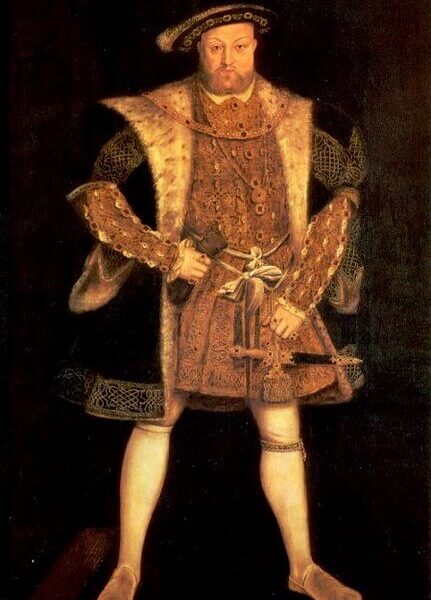Best Exploring: A Similarity Between Henry VIII and Martin Luther was that Both
Introduction
In the annals of history, Henry VIII and Martin Luther stand out as pivotal figures who, in seemingly disparate realms, left an indelible mark on the course of events. While their paths may have initially seemed divergent – Henry as the King of England and Luther as a monk-turned-reformer – a closer examination reveals an unexpected similarity in their actions. The historical landscape witnessed A Similarity Between Henry VIII and Martin Luther was that Both figures left an indelible mark on the religious and political realms.
A similarity between Henry VIII and Martin Luther was that both were instrumental in shaping the religious identity of their societies during a period of significant upheaval.
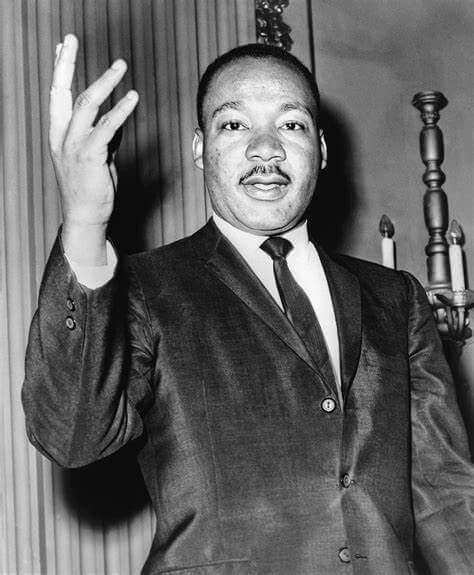
Background on Henry VIII
To understand the commonality between Henry and Luther, we first need to delve into the backgrounds of these historical figures. Henry VIII, the second Tudor monarch, ascended to the English throne in 1509. His early reign was marked by political stability, but a pressing concern loomed large – the absence of a male heir. Henry’s yearning for a legal male heir to uphold the Tudor line was fueled by the lack of male offspring from his marriage to Catherine of Aragon.
The Break with the Catholic Church
Driven by this desire, Henry sought an annulment of his marriage to Catherine. When the Pope denied his request, Henry took a drastic step that would forever alter the religious landscape in England – the break with the Catholic Church.
In 1533, he established the Church of England, with himself as its Supreme Head, marking the beginning of the English Reformation. A similarity between Henry VIII and Martin Luther was that both sought to challenge and reshape established religious doctrines in their pursuit of a more authentic faith.
Background on Martin Luther
On the other side of Europe, Martin Luther, a German monk, had embarked on a journey that would challenge the very foundations of the Catholic Church. Luther is credited with famously nailing his 95 Theses, which questioned the legitimacy of the Pope and denounced the indulgence trade, to the Wittenberg Castle Church door in 1517. A similarity between Henry VIII and Martin Luther was that both faced personal and political challenges as they navigated their roles in religious transformation.
This act marked the beginning of the Protestant Reformation, a movement that sought to reform the Catholic Church and redefine Christian theology. A similarity between Henry VIII and Martin Luther was that both faced personal and political challenges as they navigated their roles in religious transformation.
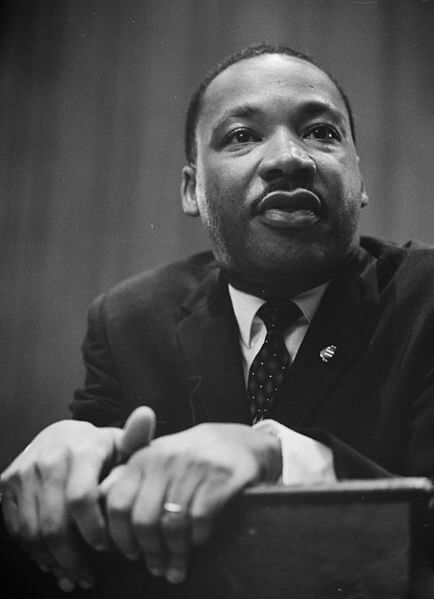
The Common Ground
At first glance, the motivations of Henry VIII and Martin Luther may appear distinct – one driven by dynastic concerns, the other by theological convictions. However, a closer examination reveals a surprising overlap in their actions. A similarity between Henry VIII and Martin Luther was that both left a lasting impact on the religious and political landscape of their respective domains. A similarity between Henry VIII and Martin Luther was that both were instrumental in shaping the religious identity of their societies during a period of significant upheaval.
Political Motivations
Both Henry and Luther were driven by a keen understanding of the political power intertwined with religious authority. Henry’s quest for a male heir was not merely a personal desire but a strategic move to secure the Tudor succession. The break with the Catholic Church allowed him to consolidate power by establishing the Church of England, making the monarch the ultimate authority in both the secular and religious spheres.
Similarly, Luther’s objections to the Catholic Church were not solely theological; they had profound political implications. Luther unintentionally gave secular governments more power over religious affairs inside their domains by contesting the Pope’s authority. The Reformation became a catalyst for political transformations across Europe as monarchs seized the opportunity to assert their authority over the Church.
Role of Power and Authority
The actions of both Henry and Luther underscore the intricate relationship between power and religious authority. Henry’s break with the Catholic Church not only allowed him to marry Anne Boleyn and secure the Tudor line but also granted him unprecedented control over the Church of England. The dissolution of monasteries and the seizure of Church lands further augmented his power and finances.
Luther, too, challenged the traditional structures of authority within the Catholic Church. His emphasis on sola scriptura (scripture alone) and justification by faith alone shifted the locus of religious authority from the Church hierarchy to individual believers. This empowerment of the individual laid the groundwork for a more decentralized and diverse religious landscape. A similarity between Henry VIII and Martin Luther was that both grappled with the complexities of balancing political power and religious authority.
Impact of Their Actions
The consequences of Henry’s and Luther’s actions reverberated far beyond their lifetimes. In England, the establishment of the Church of England became a defining feature of the nation’s identity. The religious and social landscape underwent a seismic shift as Protestantism took root, eventually shaping the trajectory of English history. A similarity between Henry VIII and Martin Luther was that both sought to redefine the role of the church in society during the 16th century.
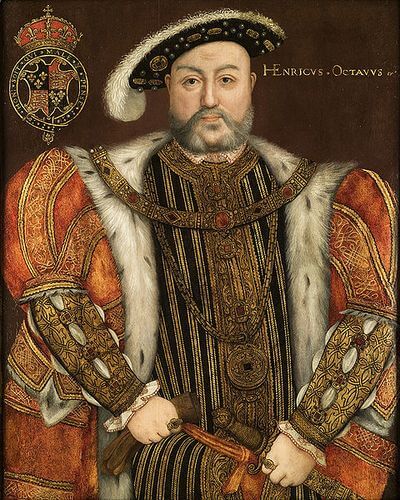
Differences Between Henry VIII and Martin Luther
While the similarities between Henry and Luther are intriguing, it is essential to acknowledge the stark differences in their motivations and approaches. A similarity between Henry VIII and Martin Luther was that both played pivotal roles in the Reformation, albeit from different perspectives.
Divergent Motivations
Henry’s primary motivation was rooted in dynastic concerns. The desire for a male heir drove him to seek an annulment and eventually break with the Catholic Church. In contrast, Luther’s motivations were deeply theological. His critique of the Catholic Church emanated from a sincere belief in the need to reform the Church’s practices and return to the fundamentals of the Christian faith.
Varied Approaches to Religious Reform
Henry’s approach to religious reform was pragmatic. The establishment of the Church of England allowed him to achieve his immediate goals of securing an annulment and consolidating power. Luther, on the other hand, sought a deeper reformation of Christian theory and practice via his focus on theological concepts like sola scriptura and justification by faith alone.
Assessment of Their Historical Legacy
Henry VIII’s legacy is intertwined with the establishment of the Church of England and the Tudor monarchy’s consolidation of power. His actions shaped the course of English history, leaving an enduring impact on the nation’s religious and political identity.
Luther’s legacy, on the other hand, extends beyond the boundaries of a single nation. The Protestant Reformation he sparked had profound and lasting effects on the entire Western Christian tradition. The emergence of Protestantism as a distinct branch of Christianity transformed religious landscapes across Europe and laid the groundwork for the diversity of denominations present today.
Legacy and Lessons
Reflecting on the enduring impact of Henry VIII and Martin Luther’s actions offers valuable insights into the complexity of historical figures and the interconnected nature of politics and religion. Their unforeseen consequences—both good and bad—serve as a warning about the erratic results that might emerge from actions that seem to be made in isolation. A similarity between Henry VIII and Martin Luther was that both wielded significant influence over the religious landscape of their time.
In today’s world, where discussions on the separation of Church and state, religious diversity, and individual empowerment continue to unfold, the legacies of Henry and Luther provide a historical backdrop. Their stories encourage us to examine the motivations behind actions that shape our societies critically and to consider the long-term ramifications of decisions made by those in positions of power. A similarity between Henry VIII and Martin Luther was that both faced opposition from the established authorities in their pursuit of religious reform.
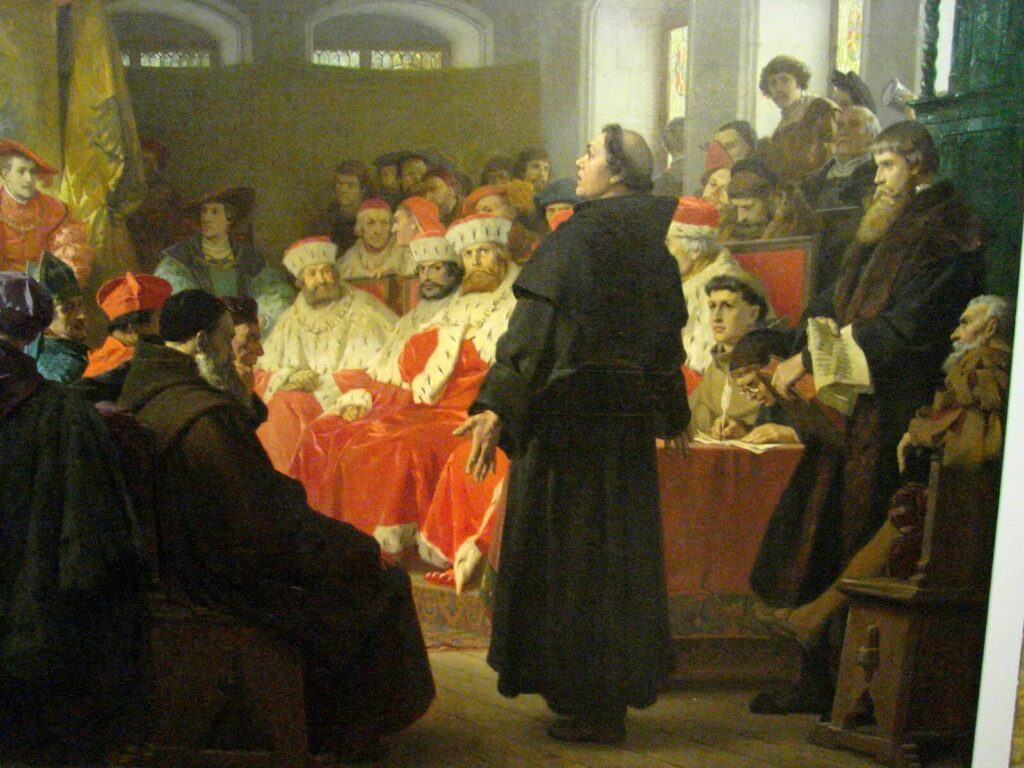
Conclusion: A Similarity Between Henry VIII and Martin Luther was that Both
The unlikely A Similarity Between Henry VIII and Martin Luther was that Both, despite their divergent motivations, highlights the intricate dance between power, religion, and historical change. The actions of these two figures, separated by geography and circumstance, converged in ways that forever altered the course of Western history. As we reflect on their legacies, we are reminded that the past is a tapestry woven with the threads of complex individuals whose actions continue to resonate through the centuries.

